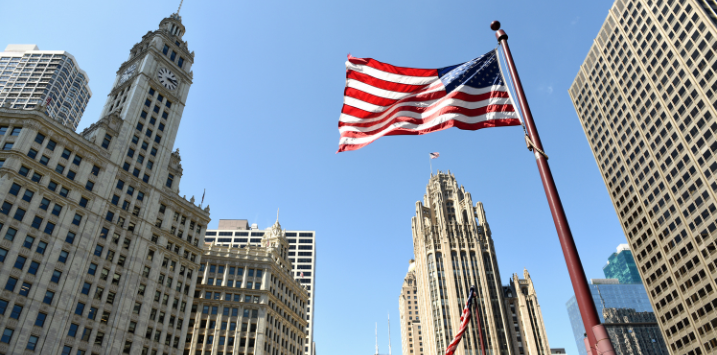
“It’s the economy, stupid”
My friend Mick Mulvaney was in town recently. Mick was a former Republican Congressman for South Carolina from 2011 to 2017 and served as director of the U.S. Office of Management and Budget, acting director of the Consumer Financial Protection Bureau and White House Chief of Staff from January 2019 to March 2020, under President Donald Trump. A big achievement for someone who had publicly called Trump “a terrible human being”.
When the U.S. Capital Building in Washington DC was stormed on 6 January 2021, Mick resigned as Special Envoy for Northern Ireland because Trump “failed to meet my expectations as a boss”, and he moved back into private enterprise.
In a world where the U.S. has not recorded a budget surplus since 2001, and the U.S budget deficit for the year to September 2024 approximates 7 per cent of gross domestic product (GDP), Mick really stands out as a fiscal conservative. In a recent article from thehill.com, Mick seemed to accept that “No one in this town (Washington D.C.) has ever lost his job for spending too much. People have lost for spending too little”; and “nobody votes for Scrooge”. Interestingly, the word “spending” came up three times in the recent Trump/Harris debate, and that was only associated with Ukraine. Little wonder gold is hitting record highs at US$2,700/oz.
When Mick was acting director of the Consumer Financial Protection Bureau, which had around 1,700 staff, he attempted to upgrade its senior ranks whilst slimming down the bureaucracy. He was only able to let eight people go. He concluded, “if any idea is tied in any way to Donald Trump, it is immediately demonised by half the country, two-thirds of this town (Washington DC), four-fifths of the media, and 90 per cent of the academic class”.
In short, U.S. politics is in a world of pain, where each side despises the other; debate and compromise are virtually non-existent; and the freedoms of press, protest, speech, religion and assembly are bringing out its share of extremists. And Mick’s view of the U.S. election on 5 November 2024, “honestly, I have no idea who is going to win. I just hope that whoever loses decides that it was because they lost, and not because the system was rigged against them”.
I think the swing voter will, as usual, be largely influenced by the economy.